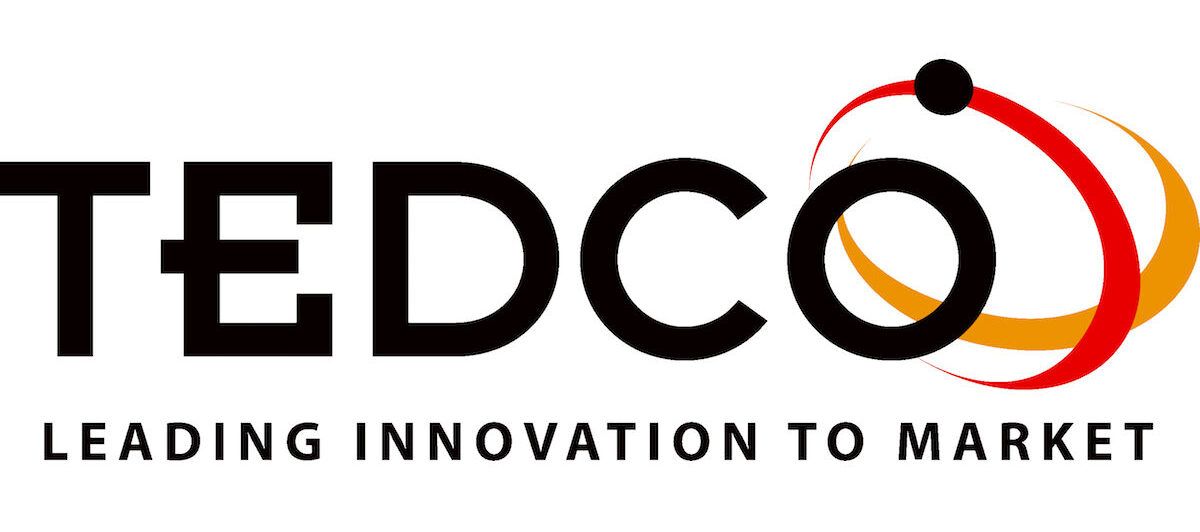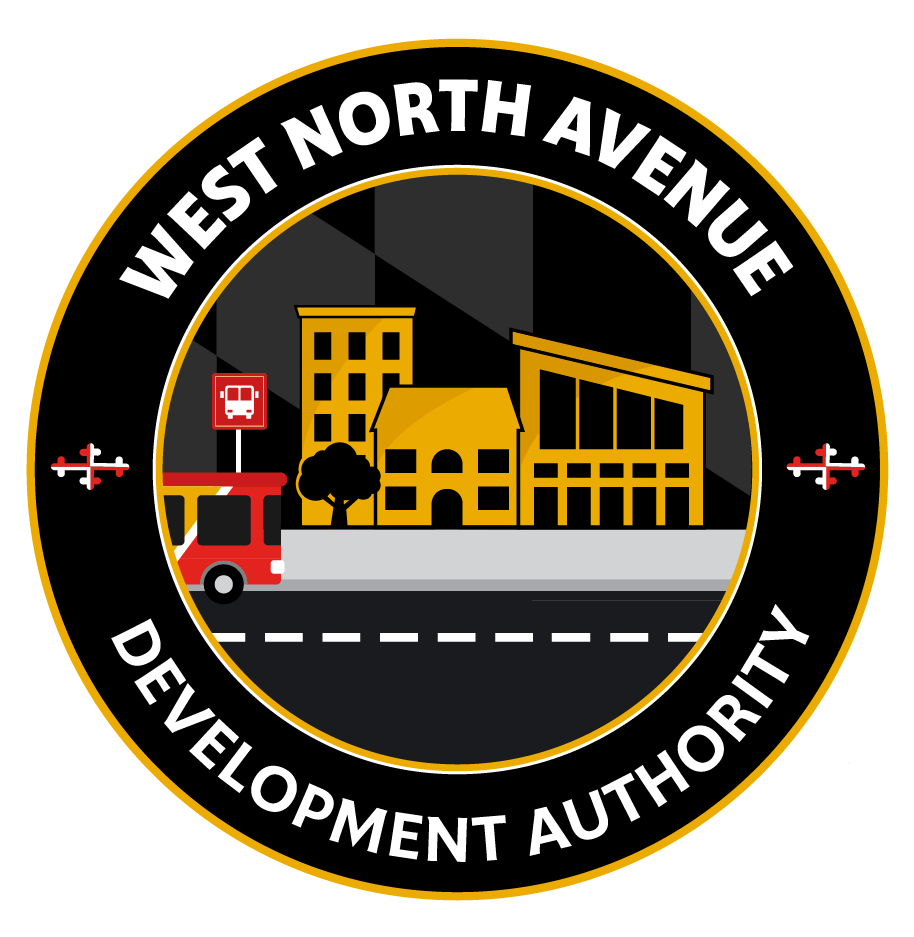Training Course: Economic Development Strategic Planning
- This event has passed.
This course is held in partnership with Maryland Economic Development Association (MEDA).
This highly interactive course lets participants work in small teams to help understand the complexity of strategic planning and its challenges. Economic developers must build consensus among board members, stakeholders and the community as a whole, creating a unified vision for the future. Learn techniques to build consensus among stakeholders who represent different values and interests. Also, participants will learn the quantitative techniques used to better understand their community including: location quotients, shift share, input-output and cluster analyses. Explore project assessment methods for setting priorities and measuring your plan’s impact.
Course Highlights:
• Stakeholder analysis, structuring participation, planning fundamentals
• Consensus building, group facilitation and conflict
• Defining geography, competitive advantage and SWOT
• Determining vision, mission, goals and objectives
• Demand-side strategies and supply-side strategies
• Identifying projects, strategy formation and implementation
• Setting realistic benchmarks and measuring success
• Exploring the use of dashboard indicators
Agenda
| June 14 | |
| 8:30 – 9:00 am | Registration |
| 9:00 – 10:00 am | Introduction to Planning Why do communities become involved in economic development strategic planning efforts? This session will examine the benefits of developing an economic development plan and will provide an overview of the various stages in the strategic planning process. The session will also outline the goals and expectations for the course. Participants will be asked to share their experiences from strategic plans efforts they have participated in. |
| 10:00 – 10:15 am | Short break |
| 10:15 – 11:00 am | Organizing for ED Strategic Planning One of the most important aspects of strategic planning is the pre-planning phase of the process. Practitioners need to know who the plan is serving and must organize a team that will work together to carry out the process. A great deal of leadership and team building is necessary and the planning team must establish a clear timeline for developing the plan. This session will discuss the values and cultures that the planning team must build upon or establish during formation. Building consensus among planning team members is a major component in the strategic planning process. The team that is put together must include many different stakeholders representing a number of values and interests. After the pre-planning phase, the practitioner must establish a sense of ownership and consensus among those participating in the planning process as well the general community. |
| 11:00 am – Noon | Consensus Building/Stakeholder Ownership In a recent examination of successful economic development efforts, consensus-building was highlighted as a key activity for moving the planning process forward. Stakeholders must have ownership of the plan, which means they should play large roles throughout the process. This session will examine various methods to engage stakeholders and keep them involved in the process. Although building consensus may take time, it is imperative if the process is to succeed. |
| Noon – 1:30 pm | Lunch on your own |
| 1:30 – 2:30 pm | Vision, Mission, Goals and Strategies By establishing a clear vision with an understandable mission statement, the team can develop goals in a more effective manner. This session will discuss this widely overlooked but extremely important phase of the planning process. Leadership involvement, organizing for accountability and starting the prioritization process of projects will be included. |
| 2:30 – 2:45 pm | Short break |
| 2:45 – 3:45 pm | Organizational Strategic Planning Once a community’s goals are established, it’s important to look internally at the capacity of the economic development organization (EDO) to implement the plan. The EDO may need to adjust budget and staffing and/or identify additional resources to implement special projects. Learn how to put organizational processes and resources in place to meet plan goals. |
| 3:45 – 4:30 pm | Case Study Review and Discussion |
| June 15 | |
| 9:00 – 10:15 am | Analysis for ED Strategic Planning The next two sessions cover how to both qualitatively and quantitatively evaluate your community. This session will introduce methods with which to do an economic base analysis, including location quotients, shift-share and specialization ratios. Input-output analysis and cluster analysis will also be discussed briefly. Once attendees have discussed the types of data to collect and the types of analysis that are applicable, how are the data used, interpreted and applied to the future needs of the community? The planning process will be influenced by the type of data that is collected and the conclusions made from that data. |
| 10:15 – 10:30 am | Short break |
| 10:30 am – 12:00 pm | Techniques for Assessing Economic Data The strategic planning process requires a great deal of analysis to understand the forces at work in the community. This session will discuss how to gather information on the local community, including an economic assessment and an analysis of real and perceived strengths and weaknesses. |
| 12:00 – 1:30 pm | Lunch on your own |
| 1:30 – 2:30 pm | Strategic Project/Initiative Identification and Implementation One key element to consider when creating an action plan is how to prioritize the projects that will help achieve the plan’s goals. The process for prioritizing includes determining from where resources are coming and the benefits and outcomes for each project. This critical phase of the planning process identifies the major initiatives and programs that the overall plan will address. What is realistic given the community’s constraints? What resources will be tapped for each project? How does the community decide which projects are realistic and feasible given the current situation, potential future situation and the given resources?Additionally, economic development practitioners must build support for the programs and projects to be implemented. During the implementation stage, a number of political and competition issues may arise. The practitioner must address these issues in advance with by developing an implementation plan. |
| 2:45 – 3:45 pm | Evaluations/Monitoring/Benchmarking Although listed as the final step to the planning process, the choice of benchmarks and ways in which to monitor the progress in the plan need to be considered throughout the process. At this stage, specific measurements must not only be set in place, but a process with which to measure those measurements must be solidified. This includes tapping into other resources and leveraging information that is already available in the community. This session will also look at how annual reports can be used as a tool to communicate progress toward plan goals. |
| 3:45 – 4:30 pm | Dashboard Indicators Discussion Dashboard Indicators are relatively new economic development tools that gauge the overall performance of a local or regional economy. This session will introduce course participants to Dashboard Indicators and discuss what specific metrics can be collected to gauge the community’s economic development performance. |
| 4:30 – 4:45 pm | Wrap-up/Evaluation/Certificates |
| * Agenda subject to change | |
| **PLEASE NOTE: In order to receive full IEDC certification credit for this course and a certificate indicating course completion, participants must attend the entire course and stay through the final session on the last day. Please make travel plans accordingly.** | |
Instructors
Information is forthcoming.
Certification
 |
This course meets the professional development requirements for the Certified Economic Developer (CEcD) exam. CEcDs earn recertification credits for participation. |
Accommodations/Training Location
Information is forthcoming.
Registration
| By May 4 | May 5 – June 1 | *June 1 | |
| IEDC Member | $490 | $630 | $650 |
| Non-member | $640 | $780 | $800 |
| Full Time Student** | $105 | $125 | $145 |
*Walk-in registrations will be accepted. Full payment must be made on-site in order to attend the course.
** Copy of current transcript required.
When
Thu, Jun 14, 2018 @ 8:00 am - Fri, Jun 15, 2018 @ 5:00 pm
Where
Baltimore, MD
Balitmore , MD




